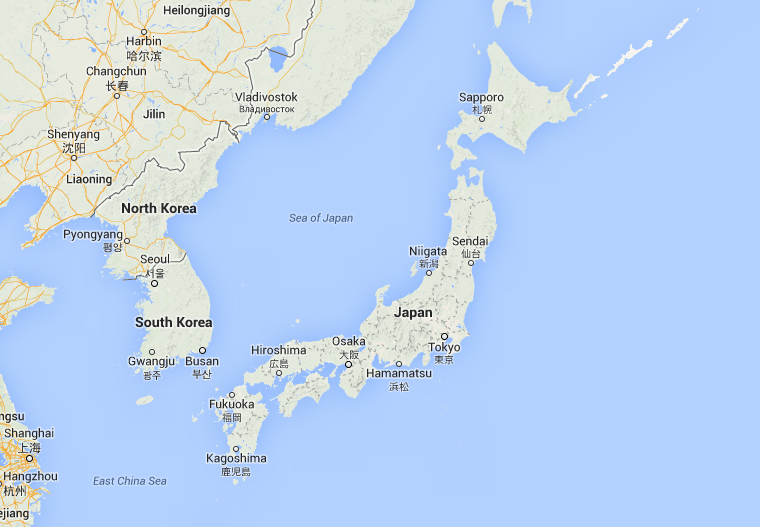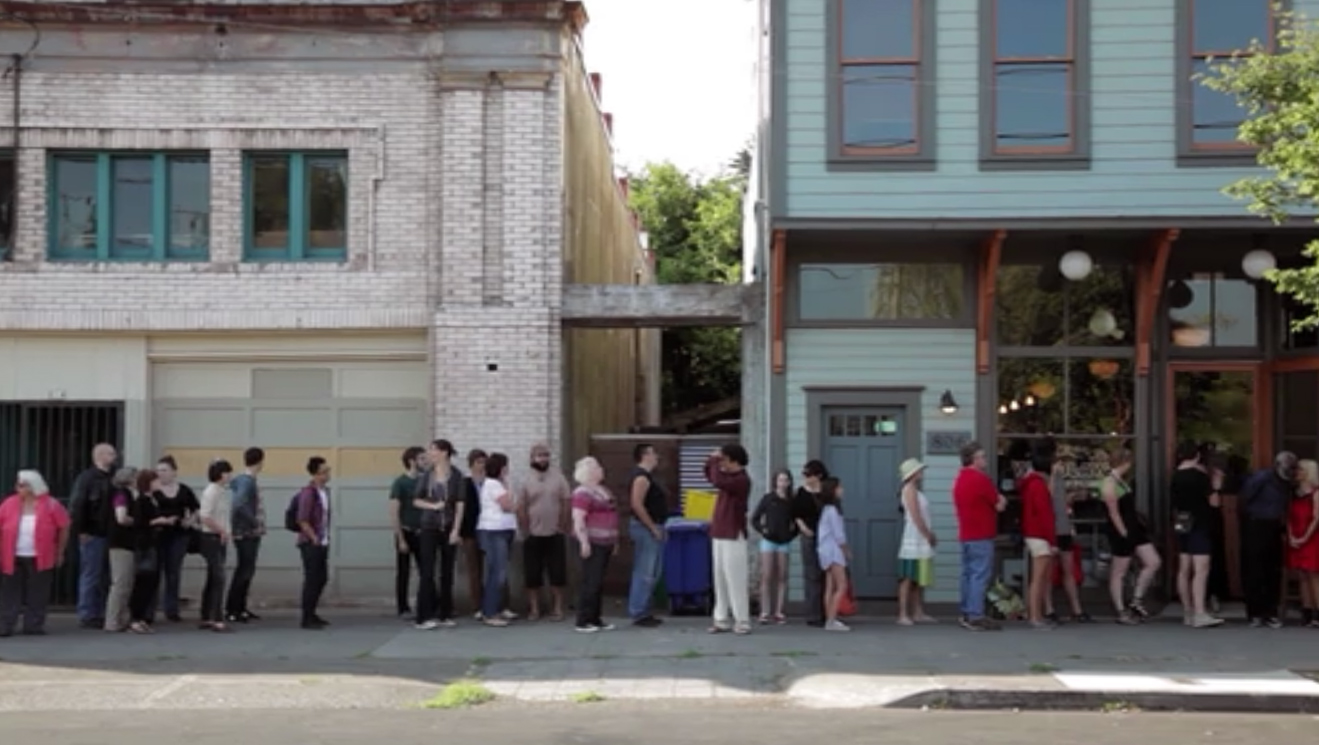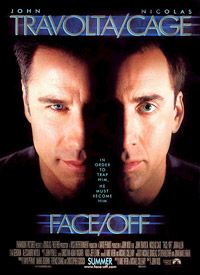THE CULTURE(S) OF POST-RECESSION ECONOMY: Is the US eating the same way as Japan in the 90's?
Some aspects of Japanese culture we thought of as strange in the 90's are deeply routed in American culture today. Here are three of those quirks, and my unscientific guess as to why it happened.
It is widely accepted today that Japan has lost its steam and edge in innovation and leadership. There is an overarching pessimism and risk-averse dynamic, a prolonged cultural depression despite the nation full of talent, valuable skills and potential. If the Japan in the 80's was when it was making wild and bold propositions, the 90's was when Japan suddenly went limp and made it super awkward for everyone involved, avoiding the subject and trying to have small talk to pass the time for the next 25 years.

Growing up in late 90's San Francisco, there were a lot of strange quirks in Japanese culture when compared to the American culture then. At the time, I thought these were rooted in the cultural background. Today, I see similar dynamics at work in the forefront of American culture, which makes me wonder if in fact the phenomena of quirks in Japanese society in the 90's was a product of Japanese culture, or a inherent reactionary culture born from the recession. Here are the three quirks I noticed:
Quirk 1: Nice Little Things

Today, we have a proliferation of well-made and packaged design items that are celebrated and sought-after in the US. There is an renewed interest and increased expectation in craft, quality and thoughtfulness in the product. In the 90's this was not the case - design and craft was not much of a priority. People may have cared for having a good car - but most people could care less the quality of their stationary and general everyday goods. I remember the contrast between the Japanese mechanical pencils and the american ones - the Japanese ones were noted for its quality and thoughtfulness, where the US goods were relatively indifferent of the design and thoughtfulness for everyday things - this is not a criticism of American manufacturing, but merely pointing out different priorities of the time: The US simply didn't give a shit as long as it worked. The pen "just needed to work", and "if it ain't broke, dont fix it" was very much the mainstream mentality. Even apple computers in those days were beige plastic machines. Today, you would be able to find a more design-conscious water bottle stocked in a Seven Eleven.
Quirk 2: Lining Up for Food

Today, we have foodies, and famous eateries with crafted food that people rave about and line up for in the US. Similar to the expensive little things above, there is a newfound interest in eating gourmet food, even if it is a little more expensive. In the 90's there was good food too, but perhaps peoples interest and food culture was nowhere near the interest we have today, where lining up and waiting in long lines for (what is supposed to be)good, unique food is part of the food culture. We heard about people lining around the block for ramen in Tokyo, and we laughed it off then. Portlandia has an episode Brunchtown about a expensive and trendy brunch place that has a line so ridiculously long that there are security guards and shantytowns that encompass the line, while nobody gives two pebble-sized shits about an adjacent diner with cheaper food. Obviously the comedy show exaggerates the phenomena, but nevertheless it is an commentary on society's new attitude towards food. Today, there is no difficult finding a 15 dollar burger joint which has gourmet flavoring and intricate craftsmanship if you are in an urban area.
Quirk 3: #Trending Everything to Death

Oh god, we just can't stop hearing about zombie-themed everything, or our guilty-but-cute-teehee infatuation of everything bacon, or our general embrace of the nerd culture. There are zombie and vampire tv shows and movies that copy each other. There are zombie-related cars and car commercials. There are zombie-related food. Bacon is available with anything imaginable. Its now cool for everyone to like sci-fi stuff. There are oversweeping trends that take off from the internet and become plastered on everything commercial. In the 90's we didn't understand Japan and its trends that tend to overrun everybody - fads took over society in a way that would scare us in the US. We had trends then, but not to a magnitude of Japan where it took over everything, like Pokemon. Today, trends and memes in the US not only have a widespread influence transcending different age and social groups, but also heavily commercialized.
Conclusion: What Happened?

In a strange and unpredictable way, there was a shift in the values at the forefront of American culture in the 2010's, that resembled traits of Japanese culture in the 90's. There were, admittedly, certain level of importation of Japanese values into American culture via silicon valley and increased speed and magnitude of cultural exchange with the advancement of the internet. However, I had thought that these traits were inherently rooted in Japanese culture: The dense and mono-cultural background with its resource-strained archipelago context contributed to the focus on small thought out items and food, the widespread proliferation of trends. Simple influence alone is difficult to overcome the physical context in which the culture is formed.
My unscientific guess is that this is an economic effect - both periods were post-recession years- Japan in the late 80's and US (and the world) in 2009. The consumer values and habits have shifted since the recession, which I believes shape the quirks listed above. With an insecurity about the future in economy, people step back and avoid large and risky investments, like buildings and large scale projects. Yet, at a personal level, many of us still want to have little niceties and indulgences - we naturally scale back our desires. This turns people's eyes toward smaller stuff- like an occasional nice food instead of buying a car, or buying a nice one-of-a-kind pen to treat yourself. See how everybody became all about nicely designed smartphones and less about cars the last 5 years?
If consumers are changing their purchasing habits, producers also try to avoid risk- by latching on to existing trends instead of forging new ones. As the trend grows, more and more companies try to cash in on it. There is a certain economy to joining in the market - Statistically, its better to open a donut store in an area full of donut store, instead of opening a sandwich store in the area. Everybody's there to get donuts, not sandwiches.
That's my observation and guess: 90's Japan was the hipster of recession economy, and like real hipsters, thats nothing to brag about.
